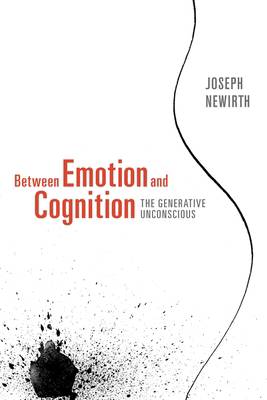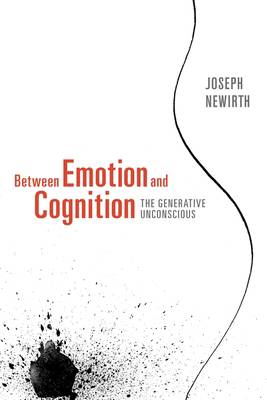
- Retrait gratuit dans votre magasin Club
- 7.000.000 titres dans notre catalogue
- Payer en toute sécurité
- Toujours un magasin près de chez vous
- Retrait gratuit dans votre magasin Club
- 7.000.0000 titres dans notre catalogue
- Payer en toute sécurité
- Toujours un magasin près de chez vous
Description
Modern individuals often enter analysis because of a feeling of hollowness; a deadened absence of aliveness, meaninglessness, and a sense of being alone in a world that seems otherwise exciting, engaging and alive. Joseph Newirth believes that these feelings reflect a disease of modern man which can be traced to a failure in the development of subjectivity. Through a careful reading of theory and well-reasoned presentations of case material, Newirth vividly evokes the contemporary dilemma of the individual's lack of subjectivity.
Newirth positions this lack of subjectivity as a failure in the development of the unconscious, an understanding that provides the foundation for the development of a two-person theory of the unconscious. Newirth proposes a Neo-Kleinian model of the unconscious, the "generative unconscious" in contrast to the "repressed unconscious" of classical theory, or the "relational unconscious" of interpersonal and relational theory. He defines the "generative unconscious" as a source of creativity, of apprehending and generating experience in terms of emotional meanings through the development of metaphors, transitional experiences and poetic images.
Newirth draws on a wealth of clinical material to support his argument that traditional forms of interpretation are considerably less effective in the development of subjectivity than his alternative Neo-Kleinian approach. He contends that locating subjectivity in the unconscious frees us from the nineteenth century bias which privileged consciousness and rational thought, and suggests that the analytic enterprise is not to make the unconscious conscious, but rather to make the conscious unconscious.
Spécifications
Parties prenantes
- Auteur(s) :
- Editeur:
Contenu
- Nombre de pages :
- 274
- Langue:
- Anglais
Caractéristiques
- EAN:
- 9781590512074
- Date de parution :
- 17-09-05
- Format:
- Livre broché
- Format numérique:
- Trade paperback (VS)
- Dimensions :
- 167 mm x 226 mm
- Poids :
- 412 g

Les avis
Nous publions uniquement les avis qui respectent les conditions requises. Consultez nos conditions pour les avis.






